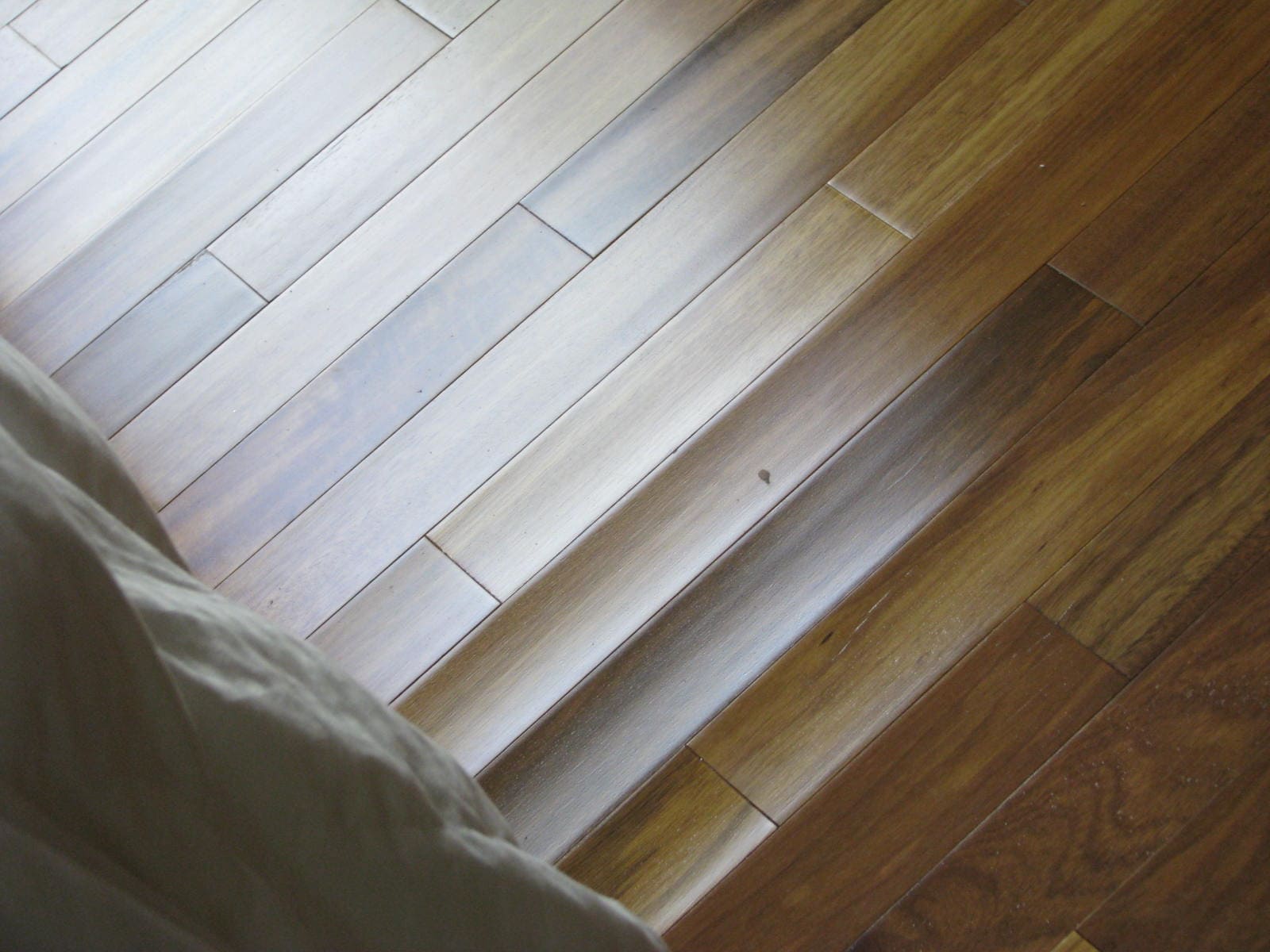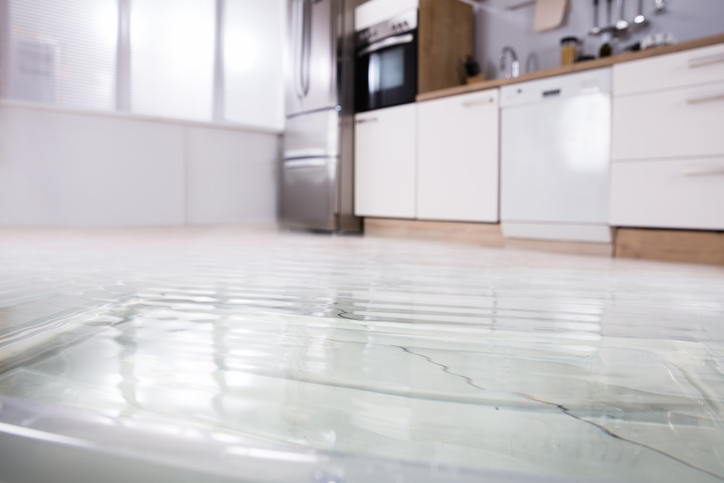Prevent Your Residence from Being Harmed by Underground Water- 4 Essential Guidelines
Prevent Your Residence from Being Harmed by Underground Water- 4 Essential Guidelines
Blog Article
We have unearthed this great article relating to Leaking water lines listed below on the internet and believe it made perfect sense to relate it with you on this site.

Environment change as well as global warming have made their mark not simply on nations yet likewise areas. As soon as secure areas have experienced more flooding and groundwater intrusion contrasted to recent years, the. For numerous house owners, groundwater breach is currently a migraine as it breaks through the surface.
Recognizing the indicators is constantly a trick for avoidance as well as mitigating water damages and also groundwater invasion. Groundwater intrusion is one of the worst problems to your house.
A boosted quantity of groundwater makes your house more vulnerable to flooding. You can still stop groundwater from damaging your precious home.
Water resistant your Cellar
Water resistant your basement now and also don't wait before it's also late. If you don't rush, the groundwater can damage in with rain as well as flood.
To water-proof your basement, fill the cellar with more concrete to stop any groundwater problems. Setting up concrete and applying waterproofing steps seals your basement as well as secures it from water invasion.
Consider Setting Up a French Drainpipe System
A French drainpipe system features polypropylene tubing. This sort of drainpipe system assists as a network, which is lined with concrete. Additionally, they do not look obvious to a stranger's eye because these drains look like a pipe or trench that blends in their atmosphere. The benefit of this system is it safeguards your home from additional problems as it prevents the water from permeating right into your structure.
Better, this system stops your floors from water flooding. The system is really simple to mount - you quickly change this kind as well as fit of system anytime.
Invest in Numerous Sump Pumps
The pump's key objective is rerouting the water from inflowing your home. This device can secure your house from increasing groundwater. A sump pump will certainly offer a layer of protection if you really feel nervous concerning groundwater seeping into your basement.
Set up these pumps (and also numerous of them) in your cellar or crawlspace. When mounting, make sure that the tubing is placed into a drainpipe or out onto the street.
Raise the Residential Property Permanently
Raising the foundations of your home completely is a long-time and also reliable solution to stop inbound groundwater. However it is one of the most costly option. The total procedure involves producing a new, higher structure to increase the residence over the disaster area. This step will likewise boost your house's building worth and also help in marketing your residence ultimately.
Using these ideas will certainly aid protect your house and also ownerships against water damages. If you attempted all of these pointers and also still got water damages, it's ideal to call in the specialists. Call a water reconstruction business today to help you return on the right track.
The once safe areas have actually experienced extra flooding and groundwater intrusion compared to current years. Knowing the indicators is always a trick for prevention and mitigating water damages as well as groundwater invasion. Groundwater intrusion is one of the worst problems to your home. To prevent groundwater guideline, routine inspection of leakages in your home and also inspect if your basement is wet. To waterproof your cellar, load the basement with even more concrete to stop any kind of groundwater concerns.
Tips for removing water and drying your hardwood flooring after a flood
Water and wood just don t mix. If you ve been following the aftermath of Hurricane Harvey or Hurricane Irma, this should come as no surprise. When water sits on top of hardwood floors, it can permanently ruin the hardwood as the wood will absorb the water through its pores causing warping and discoloration. So, if you have a flood or water damage (or even just a spill) on your hardwood flooring, you ll want to remove the water and dry your floors as quickly as possible.
What happens when your hardwood absorbs water?
Wood can get wet (or moist) in a number of ways a flood from outside from the rain, leaky pipes (or frozen pipes), ice damming, a toilet overflow, a leaky roof, a hurricane or storm, an appliance breaks or leaks (e.g. dishwasher or washing machine), a fire (with water used to extinguish the fire), water spills/accidents, pet accidents, a high water table in the ground that then forces water into your sub-floor from the ground.
Will my insurance company cover my water damaged flooring?
Whether or not your insurance will be cover the damage depends on your insurance plan and the cause of the damage. Please note that most homeowners (less than 20%) have flood insurance. So, if the damage was from flooding (i.e. it came from outside the house), there s a good chance you aren t covered.
Use a wet vacuum to suck up all the standing water
You want to quickly absorb as much water as you can. Note: you may want to turn to a professional mitigation company as they specialize on water extraction and have the best equipment. If you choose to do this yourself, here s a wet vacuum I d recommend. Note: keep vacuuming even after you ve removed all visible water as there is still water from the invisible pores in the wood. You ll see that that the wet vacuum continues to suction up water for a while.
Clean the surface with a disinfectant
Remember, you need to prevent mold in addition to preserving your hardwood floors. You should use a non sudsy disinfectant (e.g. Mr Clean). Once you ve finished this, use the wet vacuum again to remove any leftover water.
Use a dehumidifier
Place a dehumidifier in the center of room. If you can get more than one, that s even better. Be sure to clear the water every few hours (and make sure the filter is clean as well). Make sure the dehumidifier runs for at least 24 hrs, but you may need to use it for 2 to 3 days or even longer, pending on the severity of the water. In some cases, it s advisable to use a dehumidifier for several weeks.
Supplement with large fans (and air conditioning)
Accelerate the drying process with fans. Point the fans towards the floor. Also, be sure to open the windows around 2 inches for better air circulation/ventilation (and keep the door open). This will allow excess moisture to evaporate and create more cross ventilation. (If it s raining or extremely humid outside, then keep the windows shut and just keep the doors to other rooms open and use a dehumidifier). Put the fans on the highest level (i.e. full blast) and point them towards the floor. If you have some that oscillate, even better.
https://theflooringgirl.com/blog/save-hardwood-floors-water-damage-flood/

As an enthusiastic reader on Leaking water lines, I assumed sharing that excerpt was worthwhile. Kindly take the opportunity to promote this article if you enjoyed reading it. I take joy in reading our article about Finding hidden leaks.
Request Your Service Report this page